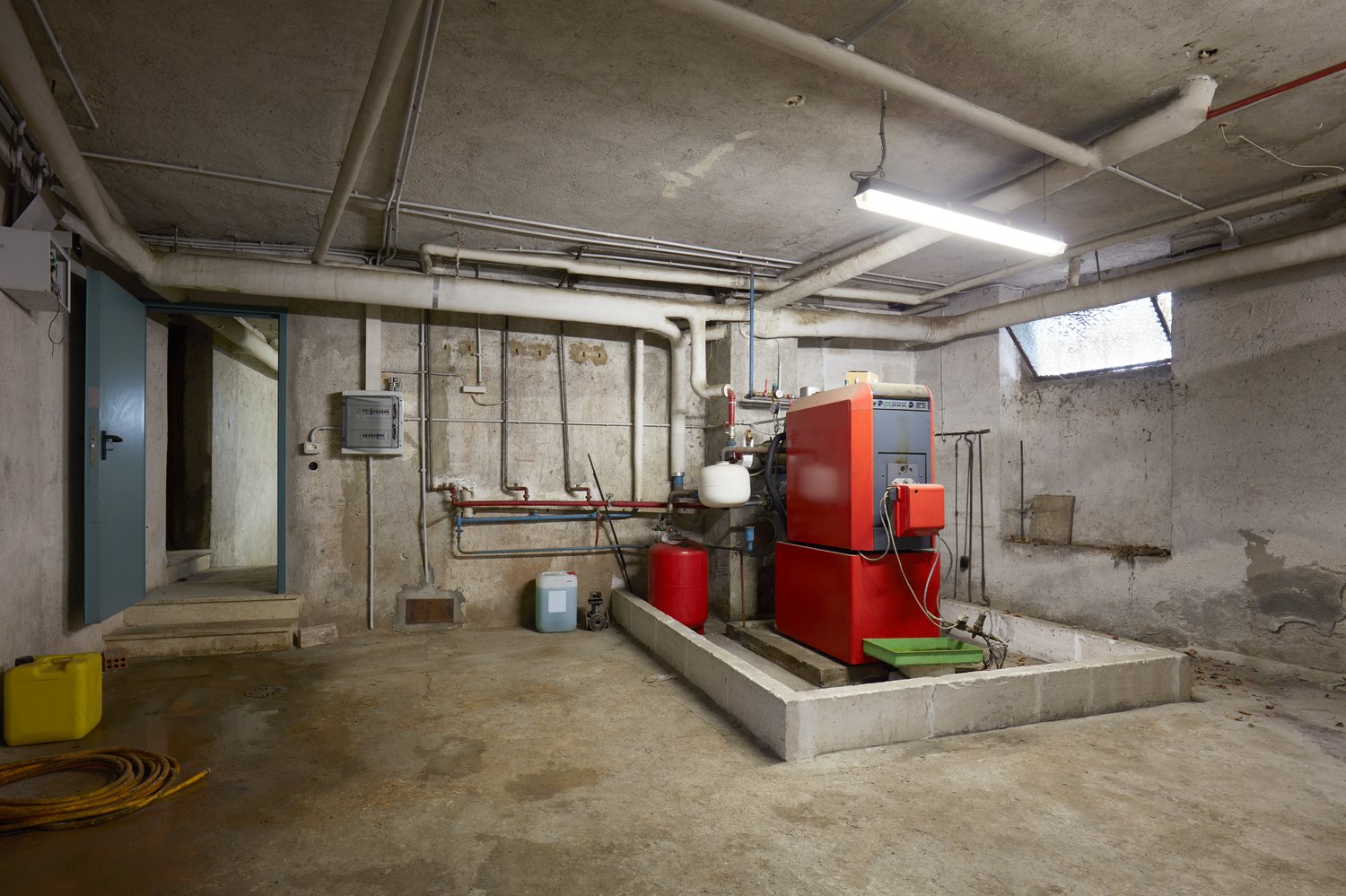Imagine discovering a pool of water creeping across your basement floor – a scenario no homeowner wants to face. Basement flooding isn’t just an inconvenience; it can lead to significant property damage and hefty repair costs. The culprit often lies hidden beneath your feet: a backing-up floor drain. Understanding the causes and taking action can save you from these unwelcome surprises.
- Explore the typical reasons behind basement floor drain backups and how they could potentially lead to flooding.
- Learn to spot the earliest signs of trouble, so you can act before a minor issue becomes a major problem.
- Discover a range of practical solutions to tackle existing drain backups efficiently, minimizing damage and stress.
This article equips you with the knowledge to not only recognize and prevent basement drain issues but also to maintain a safe and dry living space. Navigate through these expert insights and safeguard your home from future flooding threats.
Understanding Why Basement Floor Drains Back Up and How to Prevent Flooding
Basement floor drain backups are a common issue faced by homeowners, often resulting from a variety of causes. Identifying these causes is crucial in preventing basement flooding and the costly damage it can bring. One of the primary culprits is blockages in the drainage system. This can occur when debris, such as hair, dirt, or plant roots, builds up over time and restricts water flow.
Sewer line issues also contribute to basement drain backups. Cracked or misaligned pipes can lead to water ingress, while overwhelmed municipal sewer systems during heavy rainfall might cause water to back up into your home. Understanding these root causes enables homeowners to implement effective strategies to prevent flooding.
Regular maintenance is key in preventing backups. Investing in a routine check of your drainage system can help you spot potential blockages before they become problematic. Furthermore, consider installing backwater valves. These devices prevent water from re-entering your home by automatically closing the sewer line when a reverse flow is detected.
Adopting these preventive strategies not only protects your property but also ensures the long-term health of your drainage system. Proactive management is an essential measure in mitigating the risk of basement flooding.
Signs of a Potential Backup and Initial Preventive Measures
It’s critical to be vigilant about signs indicating a potential basement floor drain backup. One of the earliest warning signs includes gurgling noises from drains, which often suggest air in the system that could be indicative of a blockage or improper venting.
Sluggish drainage is another red flag. If water drains slower than usual, it could mean that your system is starting to clog. In some cases, unpleasant odors emanating from drains might signal trapped organic matter decaying within the pipes.
Taking prompt preventive measures can significantly reduce the risk of a full-blown backup. Begin by keeping your drains clear of debris. This involves removing visible material that could obstruct flow and periodically flushing drains with a mixture of hot water, baking soda, and vinegar to break down minor blockages.
Additionally, installing drain screens is a simple yet effective tool to catch larger debris before it can enter and block your system. Regularly inspecting these screens ensures they function optimally.
By paying close attention to these signs and taking the necessary early actions, homeowners can maintain an effective drainage system and avoid the unwelcome scenario of basement flooding.
Practical Solutions for Dealing with Basement Floor Drain Backups
Basement floor drain backups can cause significant damage and require immediate attention. One of the first steps in addressing a drain backup is clearing the clog. You can start by using a plunger or a drain snake to dislodge any obstructions in the pipes.
If this doesn’t do the trick, consider using a pipe cleaning solution specifically designed for breaking down organic buildup. However, exercise caution with chemical drain cleaners as they can corrode your pipes over time.
Regular maintenance is crucial to prevent recurring drain backups. This includes periodically inspecting the drains and the surrounding area to ensure they remain clean and free of debris. Installing a backwater valve can also help prevent sewer line issues from impacting your basement.
If the backup persists or there appears to be a serious problem such as damage to the sewer line, it is advisable to call a professional plumber. A certified plumber can conduct a thorough inspection, identify underlying issues, and provide appropriate solutions, such as hydro jetting for tough blockages or recommending repairs if there are structural problems within the system.
Addressing basement floor drain backups quickly not only helps prevent flooding but also saves you from expensive repairs and potential health hazards. Maintain your plumbing system effectively to enjoy a stress-free home environment.
Common Questions about Basement Floor Drain Backup Prevention
What are common causes of basement floor drain backups?
Blockages, tree root intrusion, and sewer line issues are common causes.
How can I tell if my basement drain might back up?
Warning signs include slow drainage, gurgling sounds, and unpleasant odors.
What immediate steps can I take to prevent a drain backup?
Regular maintenance, using drain guards, and reducing water flow can help.
When should I call a professional plumber?
If basic remedies fail or backups recur, seek professional help.
Are there long-term solutions for preventing backups?
Consider regular inspections, sewer line cleaning, and possibly installing backwater valves.





